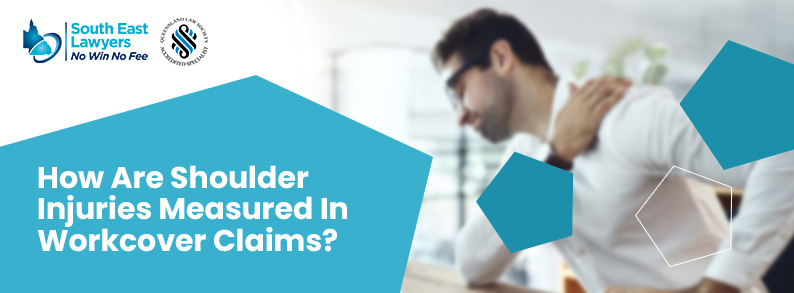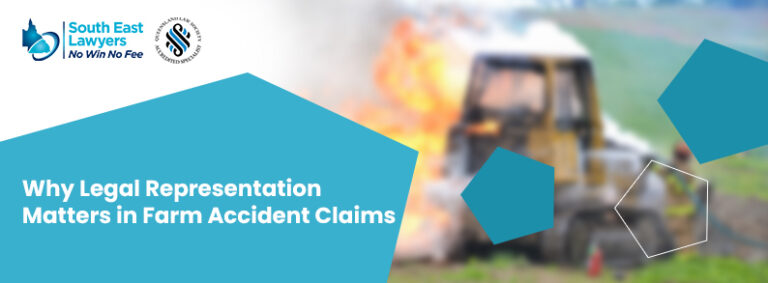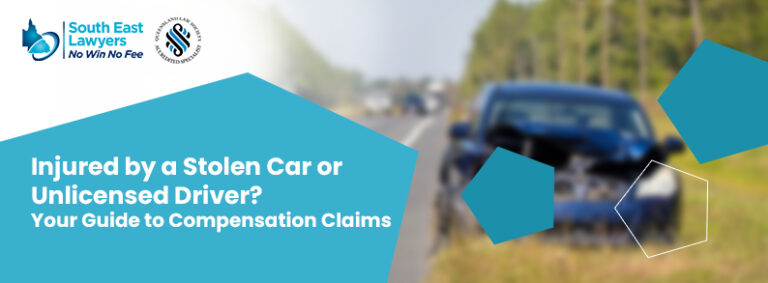The shoulders are used to complete the simplest of tasks, and sustaining an injury or overworking this area can make it difficult and painful to complete your work duties. Depending on the severity of your shoulder injury and the long-term impacts, you may be entitled to a Workcover benefit. Here is everything you need to know about claiming for a work-place related shoulder injury.
Different Types Of Shoulder Injuries
Shoulder injuries can vary in severity and complexity. People working in physical roles are the most susceptible to this type of injury. Here are some common shoulder injuries workers claim for:
Shoulder strain – A shoulder strain is the stretching or tearing of the muscles or tendons in the shoulder. This can occur for many reasons, some common ones include lifting heavy loads, poor posture while typing, or repetitive motions.
Shoulder sprain – A shoulder sprain is a tear in the ligaments. This fibrous tissue is responsible for keeping bones together in and around the shoulder joint.
Rotator cuff tear – The muscles and ligaments that make up the rotator cuff can be torn from sudden trauma or overuse. The rotator cuff helps to maneuver the arm and shoulder with ease.
Shoulder impingement syndrome – Shoulder impingement syndrome is caused by inflammation of the tendons of the rotator cuff. This injury can cause pain and weakness as well as loss of movement.
Frozen shoulder – A frozen shoulder, also called adhesive capsulitis, is caused by the thickening of the tissue within the shoulder joint. Over time scar tissue develops and the joint becomes thicker and tighter.
Dislocated shoulder – A dislocated shoulder occurs when the humerus (upper arm bone) comes out of the glenoid space (shoulder socket). Shoulder dislocations are the most common dislocation as the shoulder is the most mobile joint.
Shoulder fracture – The shoulder is made up of three bones, the clavicle (collarbone), the scapula (shoulder blade), and the humerus (upper arm bone). If one or more of these bones is fractured, this is a shoulder fracture.
Disability Rating For Shoulder Injuries
WorkSafe recognises shoulder injuries as a type of permanent impairment, but even if they deem you as having a permanent shoulder impairment, that doesn’t mean you’ll be covered. To qualify you must meet a certain disability rating. This is the degree of impairment you have from one or more injuries and is measured via WorkSafe’s whole person impairment (WPI) percentage. To be eligible for a permanent impairment benefit, your WPI percentage must be more than 10% for a physical injury. Generally, the higher your percentage, the more you will be entitled to. Low percentages reflect minor injuries, whereas higher percentages are usually associated with more serious injuries.
How Will My Impairment Be Rated For My Work-Related Shoulder Injury?
Before your injury can be deemed a permanent impairment it needs to be considered stabilised. WorkSafe state an injury is considered stable “if its effects are not expected to change significantly over time or after further treatment.” You will have to wait around a year for your shoulder injury to stabilise, then you will be able to claim permanent impairment benefit. You will need to fill out a Worker’s Claim for Impairment Benefits Form and give it to your employer. They will need to forward it to Worksafe within 10 days. A specialist from Worksafe will assess your claim, and you will need to have an impairment assessment done by a doctor to evaluate your shoulder and establish the level of impairment you have. The information gathered in the assessment will determine whether you have a claim for permanent impairment or not.
Why Is It So Important To Rest And Recover When You Sustain A Shoulder Injury?
Continuing to work with a shoulder injury or not taking adequate time to rest from an injury can see it worsen and it can lead to shoulder instability. This is a chronic condition that can make the shoulder susceptible to recurrent injuries and ongoing pain. Shoulder injuries can be caused by sudden onset trauma, or they may slowly progress over time. Either way, they can have a negative impact on your ability to perform your job and your enjoyment of life. You may be entitled to Workcover benefits to cover your wage and costs associated with your recovery.
Should I Seek Legal Advice When Claiming Permanent Impairment Benefit?
It’s always a good idea to have a personal injury lawyer that has experience with Workcover benefits to assist you with the claim process. They can help you complete your paperwork and advise you of your options and rights. Hiring a lawyer can also take the stress off when you are recovering, they can speak to Workcover on your behalf, so you don’t have to.
What Can I Do If My Workcover Claim Has Been Denied?
If you are not satisfied with the outcome, you can appoint a lawyer to dispute it for you. They can help you get the benefits you are entitled to, allowing you to get on with your recovery.
Speak To An Expert Injury Lawyer
If you have sustained a shoulder injury on the job and believe it will impact your ability to work now and into the future, you may be entitled to a permanent impairment benefit. Our team here at South East Injury Lawyers specialise in this area of the law and can advise you of your options. We offer free consultations! Contact us today.






